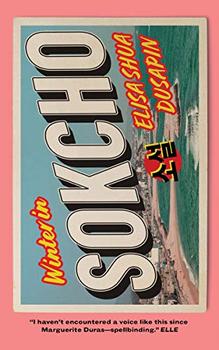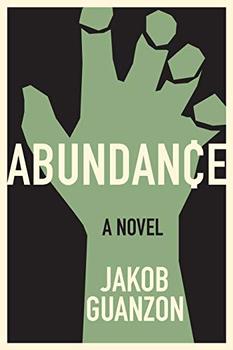Summary | Excerpt | Reading Guide | Reviews | Beyond the book | Read-Alikes | Genres & Themes | Author Bio

A Novel
by Yuko TsushimaSet in Tokyo during the late 1970s, Yūko Tsushima's Territory of Light chronicles a year in the life of an unnamed single mother struggling to take care of her two-year-old daughter. The 1979 novel, recently translated into English by Geraldine Harcourt, gathers together twelve loosely related stories, which were originally published in monthly installments for the Japanese literary magazine Gunzo. Viewed as a sequence, the first-person narratives fully render the inner life of one woman as she attempts to raise a well-adjusted child in an unstable environment.
The novel opens with mother and daughter moving into a new apartment on the top floor of a run-down building. The apartment, though shabby, is "filled with light at any hour of the day." Ethereal and dreamlike, this space shelters the pair from the gloomy circumstances that surround them. The woman has recently separated from her husband Fujino, an aimless would-be filmmaker who refuses to support his former spouse and their child financially. She has few friends and almost no family to help her with childcare, and her job as an archivist at a radio station is demanding.
The stories give voice to the woman's muted despair. From the vantage point of the present, she recounts how, during that first year of separation, she helplessly watched her daughter act increasingly angry and violent in the absence of her father. In an early tale, the two-year-old screams at her mother and storms away from her during a stroll in a local park; later, she nearly cuts off a classmate's earlobe with scissors at daycare. Work and exhaustion prevent the mother from adequately responding to her daughter's outbursts. A sense of anxiety and dread crescendos over the course of the novel as it becomes painfully obvious that the child is growing up maladjusted.
Many people the woman encounters pass misogynistic judgment on the single mother and her choices, but few offer support. Daycare teachers detain her, armed with "a great deal to report," while her husband's former professor arranges lunch with her, only to patronize her and order her to "give up any thought of divorce." The woman turns to alcohol to cope with her stress, and things get worse. Her life is in disarray by the time a concerned fellow daycare parent intervenes and offers to help care for the child, a deus ex machina that guides the plot away from potential tragedy.
The author's understated prose mitigates the unsettling events of the plot; Tsushima's language is unadorned, her sentences terse, her descriptions clear. Her neat style establishes a contemplative and subdued tone, in spite of the dysfunctional and sometimes sensational storyline. As painful as the protagonist's memories can be, the novel is entrancing and easy to read.
A wry sense of humor also infuses the start and end of the text. The woman offers sarcastic commentary on the process of apartment hunting while single in the opening story, while mother and daughter joke with each other and talk gibberish in the penultimate tale. The return of lighthearted comedy near the novel's end is cathartic after so much hardship.
The novel is in part autobiographical. Tsushima herself was a single mother facing great public censure, and as with much of her work, Territory of Light critiques Japanese patriarchy from a marginalized perspective informed by the author's experiences (See Beyond the Book). Its social criticism resonated with critics, and won Tsushima the 1979 Noma Prize for New Writers.
That the novel has so few flaws is remarkable, given that it is the work of a young writer. Geraldine Harcourt's translation presents few difficulties, and seems to represent Tsushima's style accurately. Slim as it is, Territory of Light thoughtfully considers what it means to raise a child as a single mother with little support.
![]() This review was originally published in The BookBrowse Review in February 2019, and has been updated for the
April 2020 edition.
Click here to go to this issue.
This review was originally published in The BookBrowse Review in February 2019, and has been updated for the
April 2020 edition.
Click here to go to this issue.

If you liked Territory of Light, try these:

by Elisa Dusapin
Published 2021
It's winter in Sokcho, a tourist town on the border between South and North Korea.

by Jakob Guanzon
Published 2021
A wrenching debut about the causes and effects of poverty, as seen by a father and son living in a pickup.
Your guide toexceptional books
BookBrowse seeks out and recommends the best in contemporary fiction and nonfiction—books that not only engage and entertain but also deepen our understanding of ourselves and the world around us.